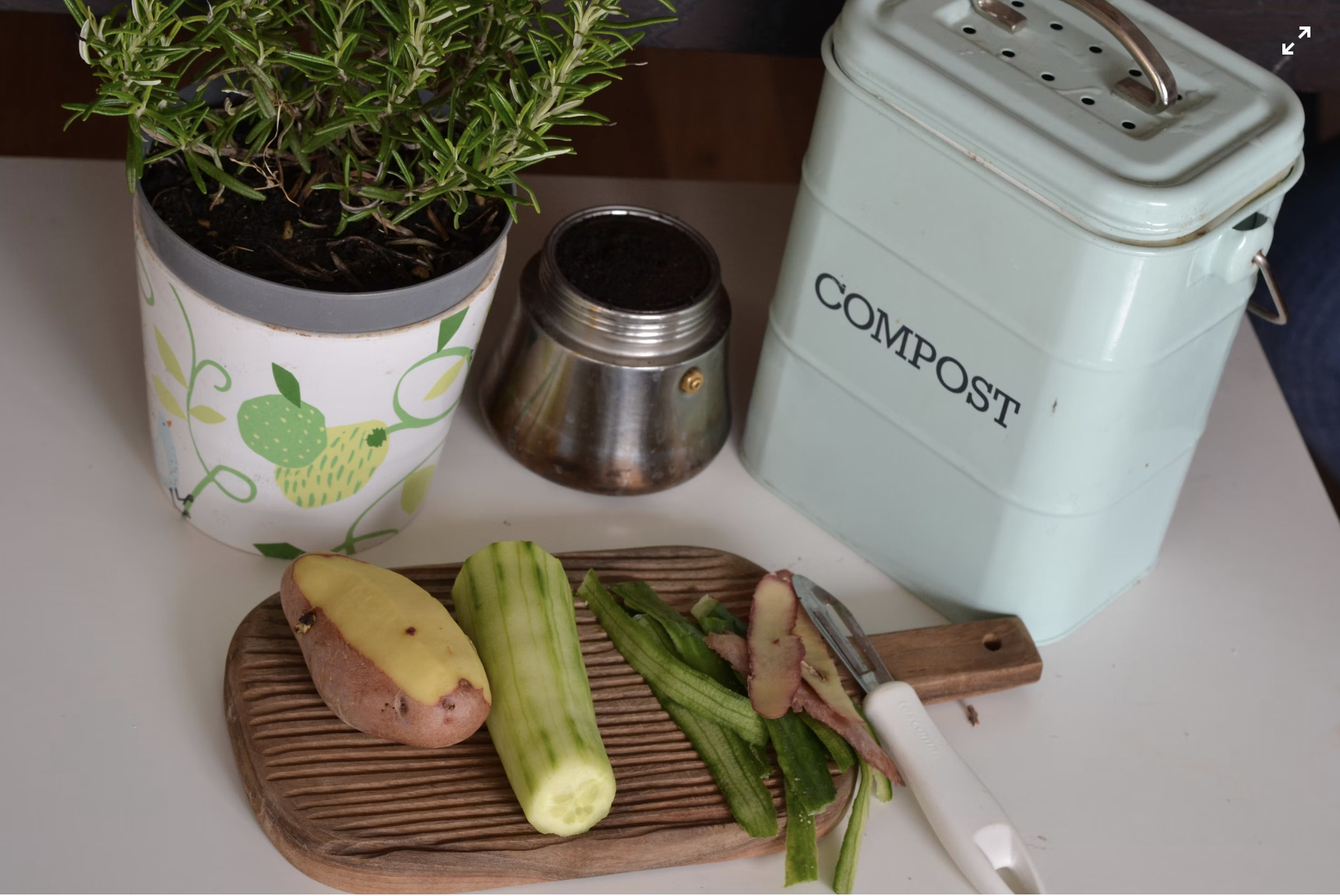
We throw a lot of things away throughout the day without even thinking about it. Pieces of paper, plastic bags, food, and more are tossed into trash cans or on the ground every second.
While that one plastic sandwich baggy may not seem like much, consider what it would be like if everyone threw out that same bag at the exact same time, and you’ve got an idea of how large one of the world’s largest issues is: we create too much waste.
There’s a lot to reducing waste worldwide, though, such as understanding and explaining the importance of reducing hospital medical waste. While you can’t change the world’s habits completely on your own, you can change yours with the steps outlined below.
Consider Composting
Composting turns your food scraps and other waste into a nutrient-rich fertilizer. In a bin or pile or whatever you have available, you can start keeping organic food waste like apple cores and potato peels there instead of the trash can. As time passes, the food you collect in this one spot will break down and become the dirt-like substance we call compost.
The biggest benefit of composting at home is that it reduces how much you throw in the trash. It also is so nutrient-rich that fewer fertilizers are needed. One of the most unexpected boons of compost is that it reduces both plant disease and pests.
The nutrients allow plants to grow faster, stronger and more resilient which may explain this reduction. The biggest benefit from this besides healthier plants is that pesticides, which can be harmful, will be used less often.
Utilize Reusable Grocery Bags
You’ve likely heard that you should start using reusable grocery bags for a while. It may seem odd at first to completely ditch plastic or even paper bags for groceries of all things, especially when many of the items you buy are covered in plastic, but reusable bags have way more use cases than the plastic ones.
Reusable grocery bags can, of course, be used every time you buy groceries, but they can be used in other ways as well. They make great temporary tote bags for short trips for example. Maybe they can hold a night’s worth of clothes and your toiletries while still having room for that souvenir plush you know you’ll be bringing home.
They’re also durable which means they can hold more than the average plastic bag can without breaking or tearing. The durability also results in you needing fewer plastic bags per grocery trip, which can save you a lot of money at stores that charge for plastic bag use.
Drink From Reusable Cups
Purchasing and using reusable water bottles brings a wide range of benefits over pre-bottled water. As expected, the largest benefit is that reusable bottles can be easily refilled anywhere that has clean drinking water. Depending on where you are, this could refer to a drinking fountain or a kitchen sink.
While disposable water bottles can also be refilled, they break down quickly and will be tossed after just one or two refills. They also can’t be cleaned which creates a whole host of other issues. Reusable water bottles, on the other hand, last for years and are designed to be easy to wash.
One more massive benefit of reusable water bottles is that they’re convenient to carry around because they’re designed with handles or straps and are usually designed to fit into cupholders. Disposable water bottles can fit into cupholders pretty much every time, but this is the only benefit they have over resume bottles and it only applies in some cases.
Understand Your Purchases
While everything mentioned so far is all well and good, they won’t help you much if overspending is an issue for you. Luckily, there are many ways to cut back on your spending.
When you’re looking at an item you want to purchase, start asking yourself some questions, such as how often you’ll use it or if you’ll regret the purchase later. If the answer to these questions is unfavorable then set the item down and walk away from it. While this will be difficult, your wallet will thank you for it.
Another common method is to consider time into the equation. Many people will wait at least twenty-four hours before buying certain items. This provides distance and allows them to answer their various questions honestly.
If you are paid by the hour, then compare how much you make to the item’s cost. Is it still with it then? If all else fails, ask a trustworthy third party such as a friend for advice.





